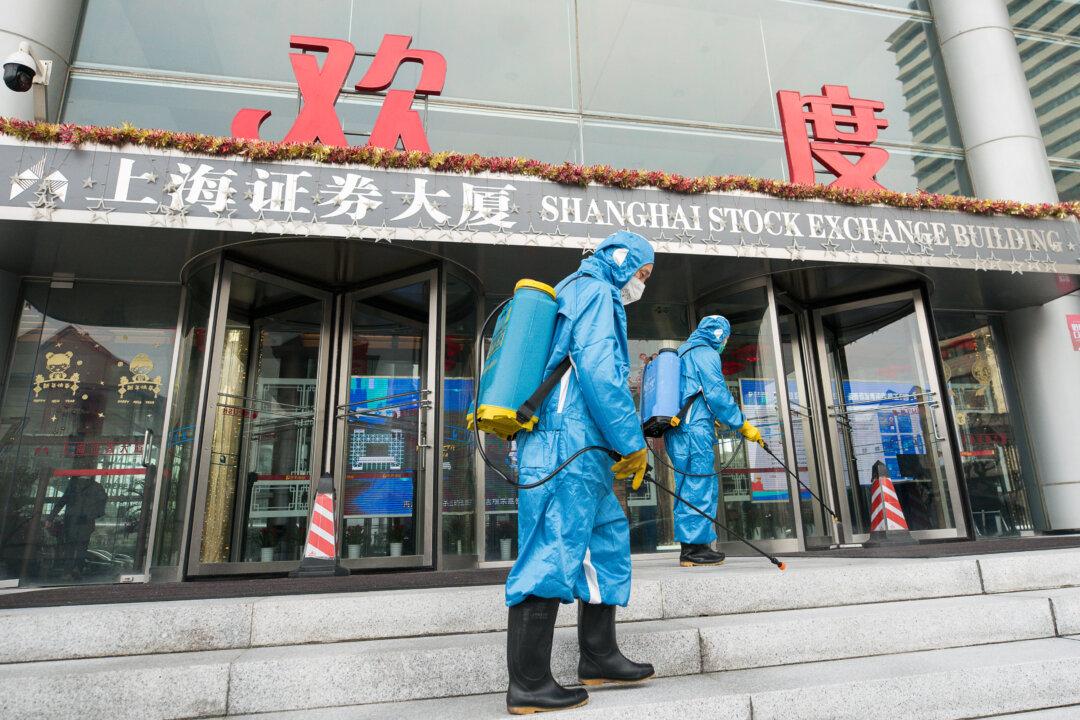WASHINGTON—Morgan Stanley Capital International (MSCI), one of the largest index providers in the world that influence how investors deploy their funds, has no plans to adjust its global indexes to exclude companies owned by the Chinese Communist regime, despite mounting concerns over national security and human rights.
During the annual shareholder meeting on April 28, MSCI Chairman and CEO Henry Fernandez expressed no plans to consider removing China’s state-owned companies from its indexes.





